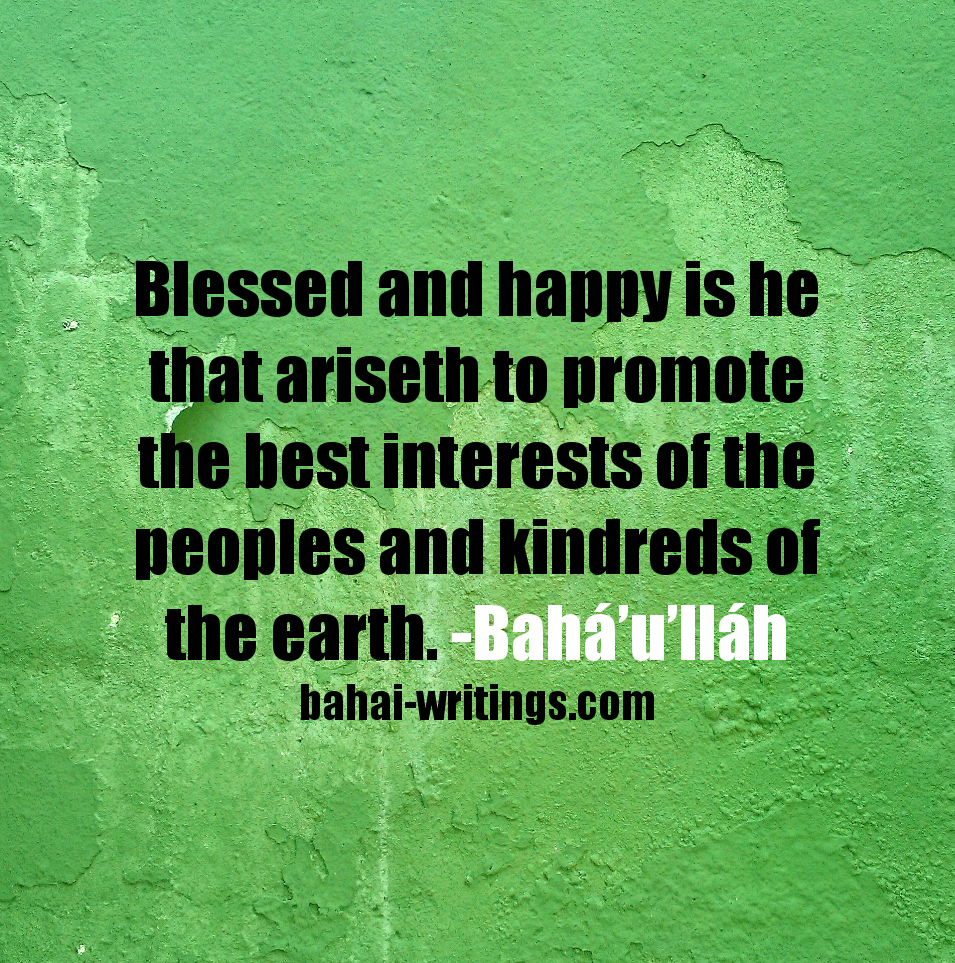In the realm of spirituality and religious thought, few figures possess the profundity and transformative impact of Baháʼu’lláh, the founder of the Baháʼí Faith. His writings constitute a rich tapestry of guidance intended to inspire humanity towards unity, peace, and spiritual advancement. What if one were to ponder the essence of these teachings? How can they be a compass guiding us through the complexities of the modern world? This exploration will delve into the multifaceted nature of Baháʼu’lláh’s writings, inviting readers to traverse the landscapes of his teachings while posing a subtle challenge to internalize and apply these principles in daily living.
The Baháʼí Writings are expansive, comprising various texts, letters, and prayers that elucidate fundamental spiritual principles. Among the most distinguished are “The Book of Certitude,” “The Hidden Words,” and “The Seven Valleys.” Each of these texts not only serves as a spiritual framework but also reflects a profound philosophical depth. Analyzing them reveals a synthesis of reason and faith that transcends dogma, providing a template for individual and collective growth.
One must first appreciate the pivotal theme of unity pervading Baháʼu’lláh’s writings. He proclaims the oneness of humanity, emphasizing that the divisions we often see—be they of race, nationality, or religion—are artificial constructs. This concept poses a challenge: in a world where societal fractures seem to deepen, how does one promote and embody this tenet of unity in personal interactions? To embrace the oneness of humanity is not merely an intellectual exercise; it requires a radical shift in perspective and behavior. Baháʼu’lláh’s teachings urge individuals to cultivate an attitude of love and respect towards all people, thereby fostering genuine connections that transcend superficial differences.
Moreover, Baháʼu’lláh articulates the importance of justice, stating that it is a fundamental pillar of civilization. In “The Book of Certitude,” he asserts that true justice is rooted in detachment and impartiality. This presents another thought-provoking inquiry: how can one cultivate a sense of justice in a world rife with inequality and prejudice? The challenge lies in the ability to view the world through a lens of fairness and equity, advocating for those whose voices are often marginalized. Baháʼu’lláh encourages individuals to become champions of justice, emphasizing that even small acts of equity can create ripples of change in the broader societal fabric.
The spiritual development outlined in Baháʼu’lláh’s writings is a lifelong journey marked by reflection, prayer, and action. “The Hidden Words” serves as a practical guide for personal transformation, offering guidance on virtues such as kindness, humility, and patience. The writings inspire one to introspectively assess personal qualities and habits, challenging readers to confront their shortcomings and aspire to higher virtues. This raises another compelling question: what concrete steps can be taken to integrate these virtues into one’s daily routines? Understanding that spiritual growth is not merely an abstract notion but rather a tangible process becomes pivotal. Incorporating daily practices of reflection and gratitude can create a fertile ground for the cultivation of character, ultimately enriching interpersonal relationships and fostering a nurturing community environment.
Additionally, Baháʼu’lláh emphasizes the necessity of consultative processes in decision-making. This democratic framework not only enhances collaboration but also ensures diverse perspectives are represented. In a world often marked by unilateral decisions and hierarchical power structures, how can the spirit of consultation transform our approaches to leadership and governance? Engaging in consultative dialogues encourages an atmosphere of inclusivity and shared responsibility. By valuing every contributor’s voice, communities can foster a sense of belonging and elevate collective decision-making.
From a theological perspective, the writings encapsulate the principle of progressive revelation. Baháʼu’lláh asserts that divine guidance is continually unfolding, adapting to meet humanity’s evolving needs. This doctrine invites contemplation: how does one reconcile this idea with differing religious traditions that claim finality in their teachings? The challenge resides in recognizing the complementary nature of all religions as part of a larger tapestry of truth. By fostering interfaith dialogue, individuals can appreciate the shared spiritual heritage of humanity while engaging in respectful discussions that acknowledge distinct beliefs.
Moreover, Baháʼu’lláh’s expositions on the harmony of science and religion strike a resonant chord in contemporary discourse, particularly in discussions surrounding ecological stewardship and social justice. The interplay between material progress and spiritual development requires analytical inquiry as well as thoughtful application. One must ask: how does this duality influence the pragmatics of living sustainably in today’s world? Baháʼí teachings urge individuals to approach modern challenges with a balanced outlook, where scientific rigor is paralleled by moral responsibility, fostering a sustainable future for generations to come.
Lastly, the practice of service is a vital theme within Baháʼu’lláh’s teachings. Service, both to humanity and to one’s community, is viewed as a form of worship. It brings fulfilment, fostering a sense of belonging and purpose. Here lies a critical introspection: how effectively are individuals embodying the principle of service in their lives? Engaging in acts of service, even in small ways, can yield profound impacts not only on the community but also on the individual’s spiritual journey.
In conclusion, the writings of Baháʼu’lláh invite readers to explore profound themes of unity, justice, personal growth, and service in a world increasingly marked by division and strife. While contemplating the implications of his teachings poses several challenges, the journey of understanding and internalization offers enriched pathways to navigate life’s complexities. Through the lens of Baháʼu’lláh’s teachings, individuals can harness the potential for personal and communal transformation, acting as catalysts for the betterment of humanity.
